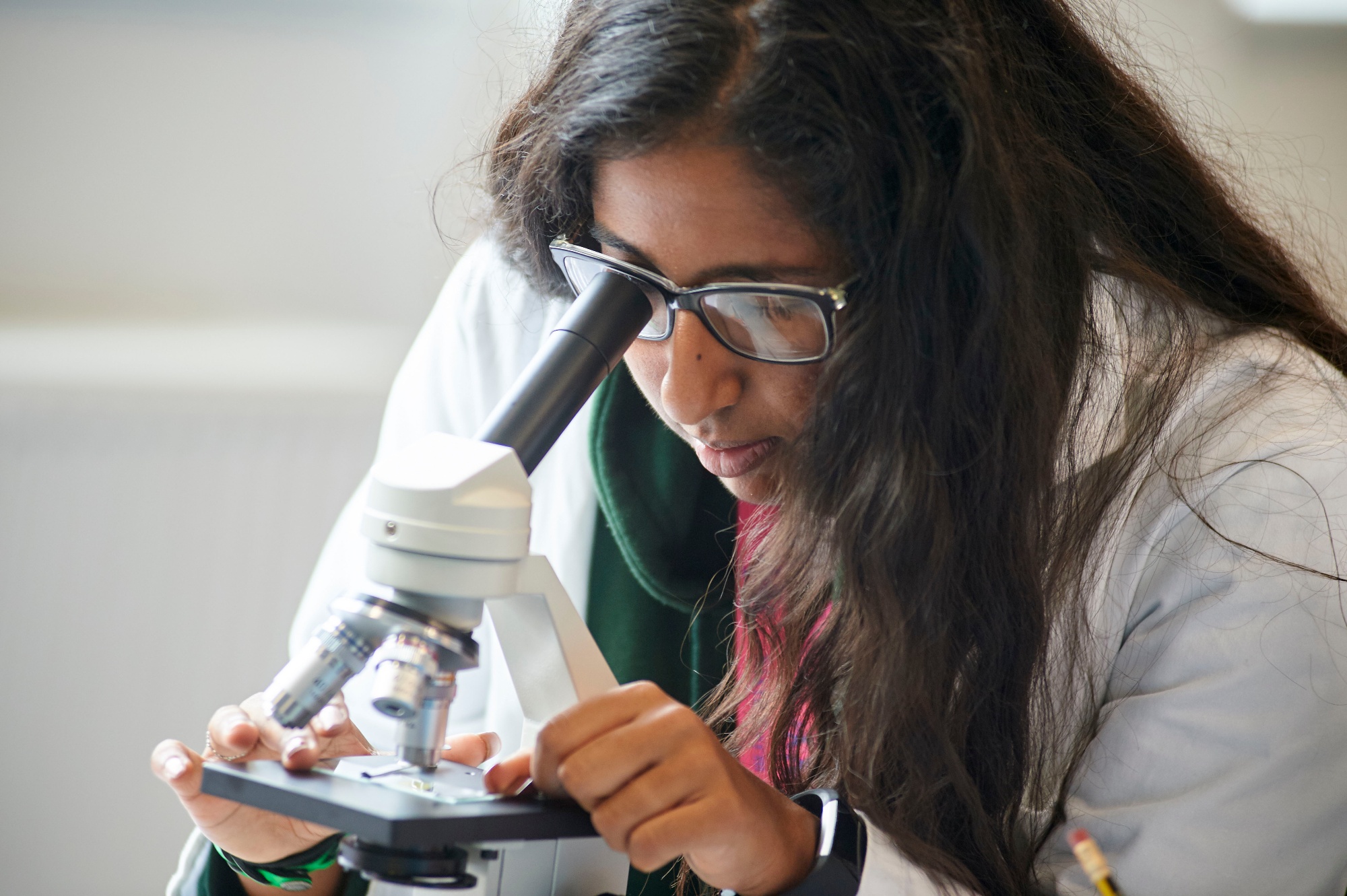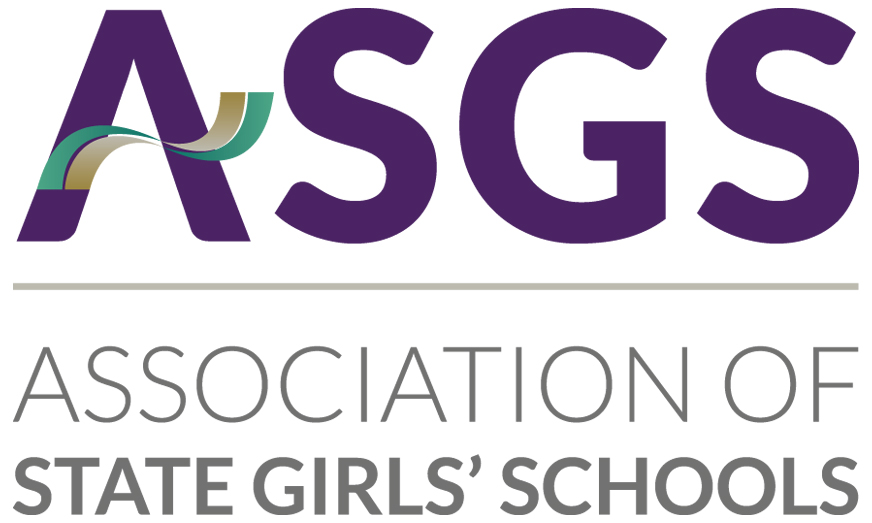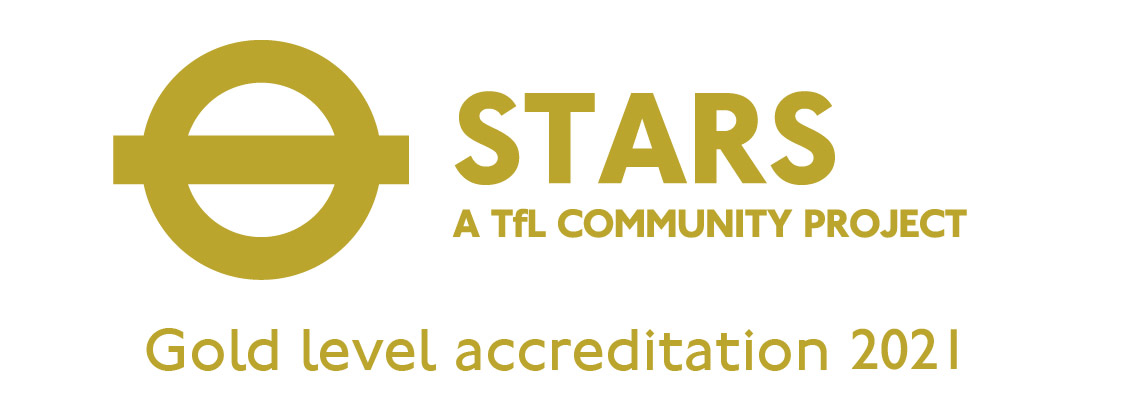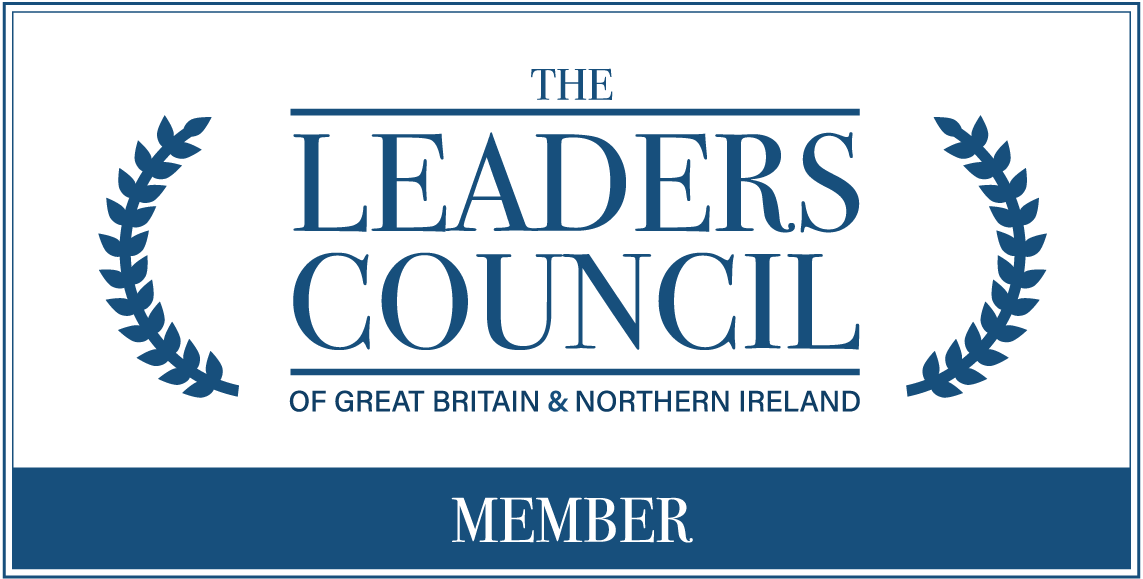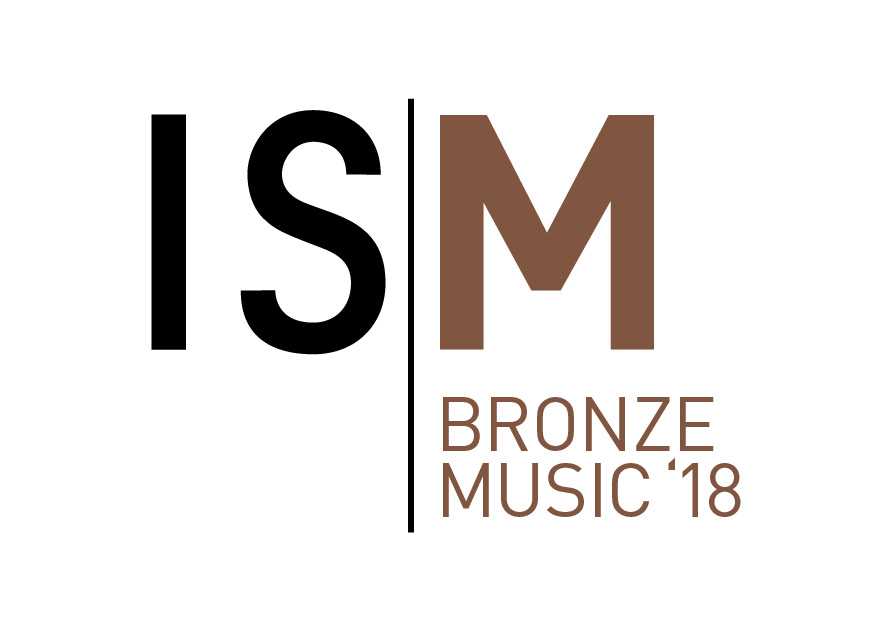|
CHEMISTRY |
|||
|---|---|---|---|
|
EXAM BOARD |
AQA |
||
|
STRUCTURE OF COURSE |
Component 1 Physical Chemistry Component 2 Inorganic Chemistry Component 3 Organic Chemistry |
|
|
| ASSESSMENT |
All three components will be examined fully in the summer of 2019:
Paper 1 (2hr, written examination, 105 marks, 35% of A-Level): All inorganic chemistry, with relevant physical chemistry and relevant practical skills. Mixture of short and long answer questions.
Paper 2 (2hr, written examination, 105 marks, 35% of A-Level): All organic chemistry, with relevant physical chemistry and relevant practical skills. Mixture of short and long answer questions.
Paper 3 (2hr, written examination, 90 marks, 30% of A-Level): Synoptic paper, all content including all practical skills. Mixture of short and long answer questions with additional multiple choice questions. |
||
|
CONTENT |
Component 1 - Physical Includes: Atomic structure, Amount of Substance, Bonding, Energetics, Kinetics, Chemical Equilibria, Oxidation and Reduction, Acids and Bases and Thermodynamics. Component 2 - Inorganic Includes: Periodicity, Groups II and VII, Reactions of Period 3 elements, Redox Equilibria and Transition Metals Component 3 - Organic Includes: Introduction to Organic Chemistry, Haloalkanes, Alkenes, Alcohols and Analytical Techniques, Isomerism, Carbonyl Compounds, Aromatic Chemistry, Amines, Amino Acids, Proteins, DNA, Polymers, Organic Synthesis and Analysis. |
||
|
POSSIBLE CAREER PATHS |
Careers in health and clinical professions such as medicine, nursing, biochemistry, dentistry or forensic science. Careers in industry such as pharmaceuticals and petrochemicals. The many transferrable skills associated with studying Chemistry make non-scientific courses an option such as finance, management and journalism. |
||
|
POSSIBLE SUBJECT COMBINATIONS |
Chemistry GCE is often studied with at least one other science subject typically Biology, Physics or Maths. Many combinations are possible. |
||
